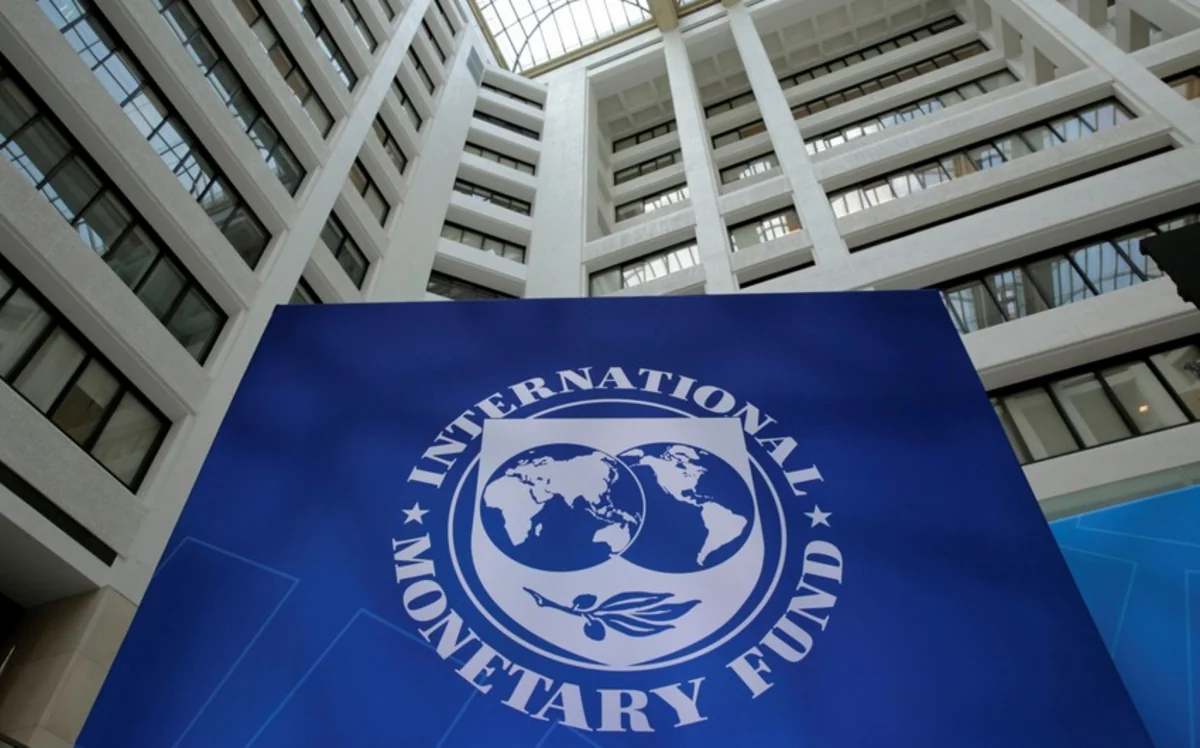IMF: Azerbaijan’s economy to grow 2.3% in medium term
- 08 February, 2024
- 07:06

Against the backdrop of a weakening post-pandemic surge and a continuing structural decline in oil production, Azerbaijan’s economic growth rate in the medium term (2024-2028) is projected at 2.3%, reads a Staff Report for the 2023 Article IV Consultation of the International Monetary Fund (IMF), held by the head of the fund’s mission for Azerbaijan, Anna Bordon, in November 2023 in Baku, Report informs.
At the same time, the IMF predicts a decrease in oil GDP over five years by an average of 0.5%, and non-oil GDP will increase in 2024 by 3.6%, in 2025-2028 – by an average of 3.5%.
“Growth is moderating following a strong post-pandemic rebound, and inflation is easing. The near-term challenge is to resume fiscal consolidation following a temporary easing, and to ensure that inflation—which has recently returned to the target band—does not reignite amid external risks and domestic pressures. In the medium to long term, Azerbaijan’s biggest challenge is to reduce dependence on the hydrocarbon sector and advance private sector-led economic diversification,” reads the report.
“Hydrocarbon production will decline in the medium term. The private sector will have to play a more important role, which will require, among other reforms, addressing the still-large SOE sector and improving governance. Developing the renewable energy sector also contributes to diversification, while meeting Azerbaijan’s climate commitments.”
“Diversification will entail reforms to strengthen governance, limit the role of the SOEs, and de-carbonize the economy. Progress on increasing fiscal transparency and judicial independence, as well as ongoing efforts to increase private sector participation in SOEs and improve their financial position, will help improve the business environment, increase private investment, and enhance productivity.
The authorities’ efforts to achieve their climate commitments are welcome and would benefit from taking stock of the associated fiscal burden, as well as reducing it through complementary policies, such as phasing out fossil fuel subsidies,” reads the report.
According to IMF forecasts, Azerbaijan’s nominal GDP will amount to 135.534 billion manats ($79.726 billion) in 2024, including 86.323 billion manats in non-oil GDP, 140.72 billion manats ($82.776 billion) in 2025, including 93.838 billion manats in non-oil GDP, 146.474 billion manats ($86.161 billion) in 2026, including 101.493 billion manats in non-oil GDP, 152.568 billion manats ($89.746 billion) in 2027, including 109.247 billion manats in non-oil GDP, and 159.409 billion manats ($93.77 billion) in 2028 , including 117.548 billion manats in non-oil GDP.
